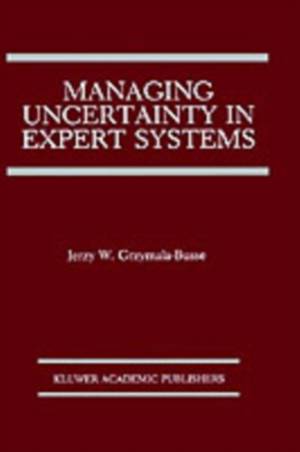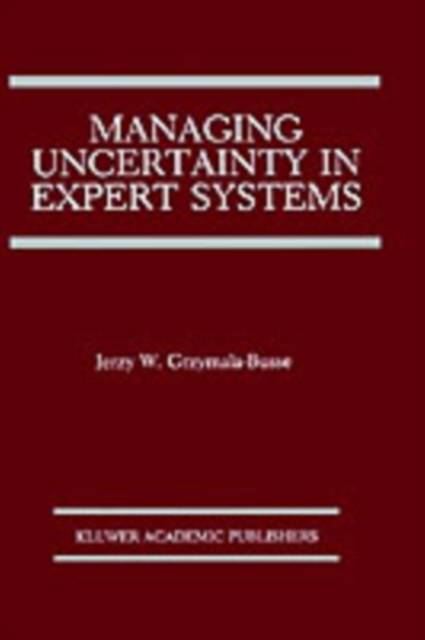
- Afhalen na 1 uur in een winkel met voorraad
- Gratis thuislevering in België vanaf € 30
- Ruim aanbod met 7 miljoen producten
- Afhalen na 1 uur in een winkel met voorraad
- Gratis thuislevering in België vanaf € 30
- Ruim aanbod met 7 miljoen producten
Zoeken
€ 483,45
+ 966 punten
Omschrijving
This book is an extensive survey and critical examination of the literature on the use of expert opinion in scientific inquiry and policy making. The elicitation, representation, and use of expert opinion is increasingly important for two reasons: advancing technology leads to more and more complex decision problems, and technologists are turning in greater numbers to "expert systems" and other similar artifacts of artificial intelligence. Cooke here considers how expert opinion is being used today, how an expert's uncertainty is or should be represented, how people do or should reason with uncertainty, how the quality and usefulness of expert opinion can be assessed, and how the views of several experts might be combined. He argues for the importance of developing practical models with a transparent mathematic foundation for the use of expert opinion in science, and presents three tested models, termed "classical," "Bayesian," and "psychological scaling." Detailed case studies illustrate how they can be applied to a diversity of real problems in engineering and planning.
Specificaties
Betrokkenen
- Auteur(s):
- Uitgeverij:
Inhoud
- Aantal bladzijden:
- 336
- Taal:
- Engels
- Reeks:
Eigenschappen
- Productcode (EAN):
- 9780195064650
- Verschijningsdatum:
- 24/10/1991
- Uitvoering:
- Hardcover
- Formaat:
- Genaaid
- Afmetingen:
- 166 mm x 243 mm
- Gewicht:
- 648 g

Alleen bij Standaard Boekhandel
+ 966 punten op je klantenkaart van Standaard Boekhandel
Beoordelingen
We publiceren alleen reviews die voldoen aan de voorwaarden voor reviews. Bekijk onze voorwaarden voor reviews.











